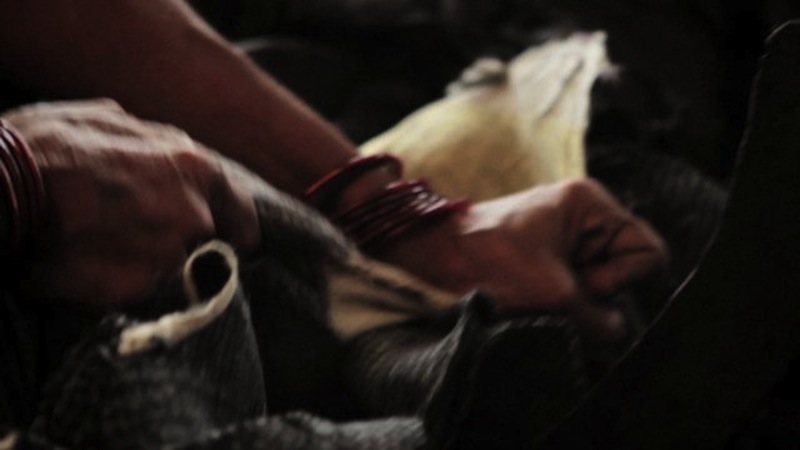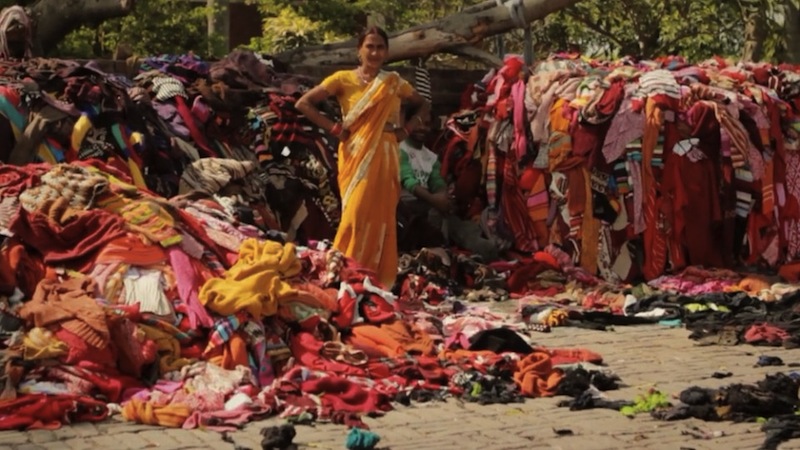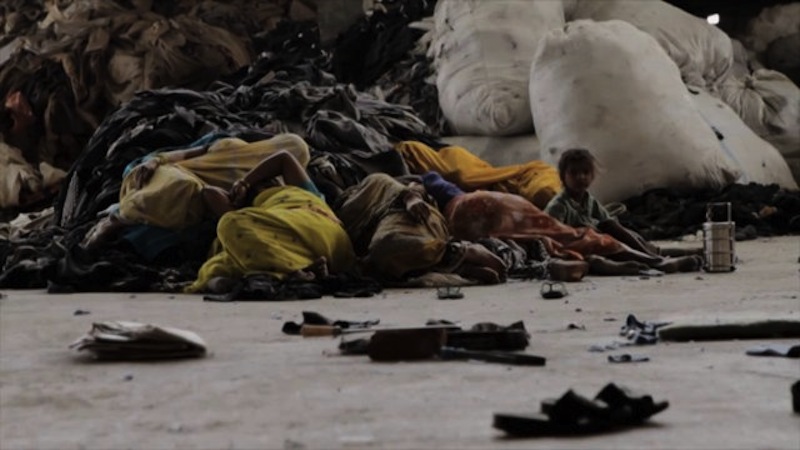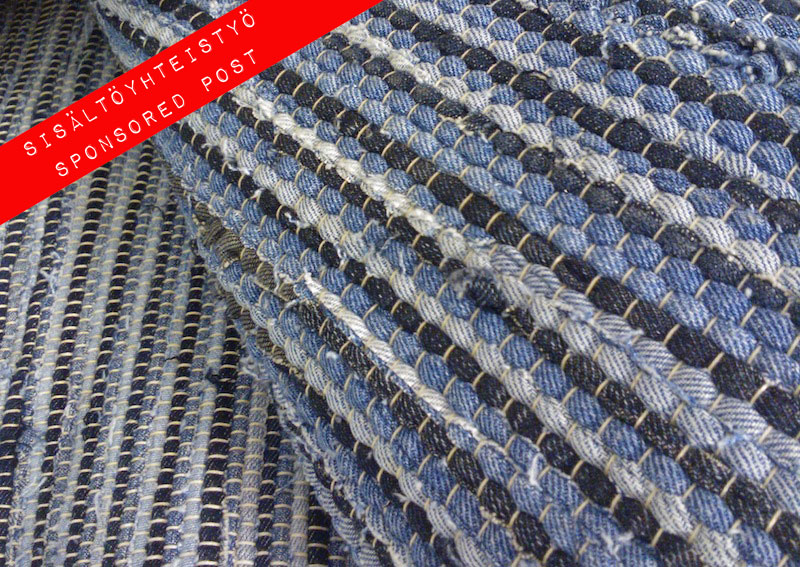unravel documentary

Dokumenttiohjaaja Meghna Gupta kuvasi intialaisen pikkukaupungin arkea. Pohjois-Intiassa sijaitsevan Panipatin kylän erikoisuus on käytettyjen vaatteitten lajittelu ja käsittely uudeksi kuiduksi. Dokumentti on kaunis kuvaus tekstiilialan työntekijöitten elämästä ja ajatusmaailmasta. Tulin hyvälle tuulelle sen katsomisesta, sillä oli mukavaa vaihteeksi nähdä jotain positiivista alalta. Mutta mieleeni silti heräsi monta kysymystä toiminnan ekologisuudesta ja kannattavuudesta.

“Maybe the water is too expensive to wash them.”
Unravel (2012) is a documentary film that follows the Western worlds least wanted clothes, on a journey across Northern India, from sea to industrial interior. They get sent to Panipat, a sleepy town where they are recycled back into yarn. There they recycle 100 000 tonnes of western clothes every year.
Documentary director Meghna Gupta traces a humanizing path through this little-known phase of the global supply chain. It is actually a lovely spirited documentary to watch as it is done with a sense of humor and wonder. Sometimes ugly, sometimes beautiful, sometimes ludicrously large, the fabrics leave them curious about the people who threw away their clothes ‘practically unworn’. With little exposure to Western culture other than the Discovery Channel, the garment recyclers rely on their imagination and the rumors that travel with the cast-offs to create an an intriguing perspective on the West. “Maybe the water is too expensive to wash them.”
After watching the documentary I had three thoughts.
Firstly, the recycling process shows no water used in re-spinning the clothing fibers back to yarn and cloth. This is very good, as lowering fresh water consumption in the process is what makes it ecological and worth doing. But from what I´ve read about recycling clothes, the fabric (blankets in this case) created is not so durable to wear and tear than the original clothes. This is because the new thread and cloth created with crushing fibers, created short fibre thread. But they do it anyway and employ a lot of people by doing so. I wonder what their weekly wage is for a worker there? Also I´m curious to know where a blanket with mixed fibers can be used. Todays clothes use so much polyester and acrylic that the blankets made from them cannot be too warm. Were the blankets made for industrial use or for consumer use? The video just says they are shipped back to west.
Which brings me to my second point. The logistics in this type of clothing recycling process is ridiculously gigantic. Shipping clothes on the other side of the world, just so that they can be manually ripped apart, spun to thread and weaved back to cloth. And then shipped back to the west!? Does anyone else think this work should be done closer to home and in the country where the waste has originally made. Shipping used clothes to other countries and calling it recycling has always had a bad tone in my ear and I mostly just call it dumping. Logistics are responsible for ebout 25-30% of the environmental impact of a garment. The whole process has to be viewed when thinking about what to do with the discarded clothes. Maybe it would be more ecological just to burn them up for energy in the country where the waste originated?
Third point is about people. Notice how there are people (mostly women) doing all the work. Driving, moving, sorting, ripping… The only phases done with a machine are the fiber crushing, spinning and weaving. Textile industry always uses people in the process. Handling used textiles is always done manually. There is no machine for it. This is why it does matter what you buy and what you do with the garment after you don´t use it anymore. It effects tens, even hundreds of lives, here and there. I think it is important to show the souls behind the work, so the consumer remembers them.
What do you think? Watch the full video here.
Unravel – Trailer from Soul Rebel Films on Vimeo.





[…] kiinnostaa lukea vielä lisää, tsekkaa nämä: Unravel-dokumentti intialaisen pikkukaupungin tekstiilikierrätysfirmasta. Vaatelahjoitus kaatikselle pohtii kotona […]